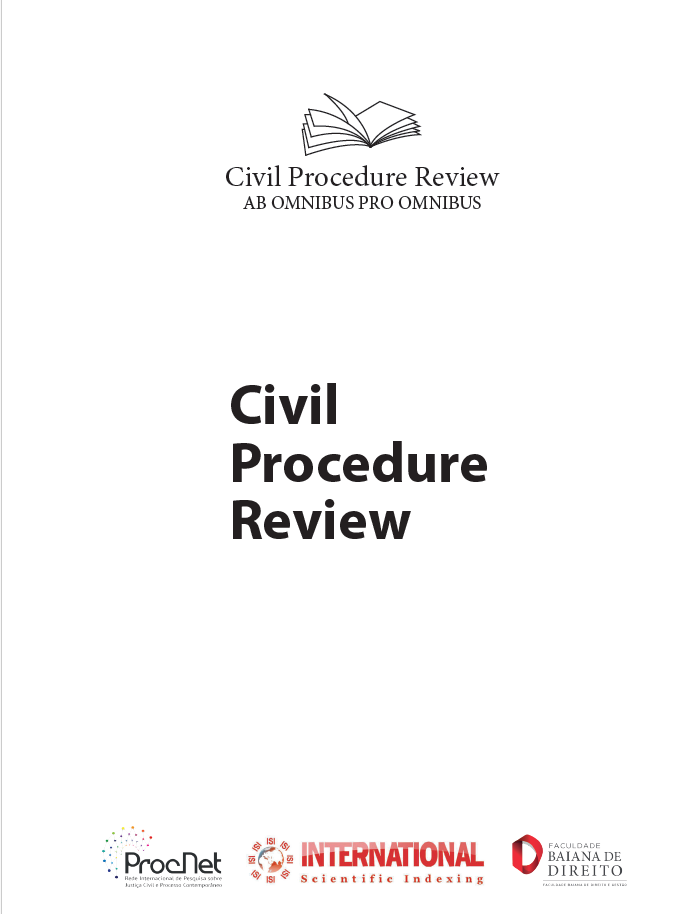Um devido processo legal em Roma antiga?
breve olhar sobre as “Catilinárias” e “em defesa de Milão”
Parole chiave:
Cícero, devido processo legal, Direito RomanoAbstract
Este artigo, que apresenta os primeiros passos de nossa abordagem ao processo judicial em Roma antiga, tem como foco o modo como as normas processuais são apresentadas em discursos selecionados de Marco Túlio Cícero (106-43 a.C.). Na pesquisa, busca-se investigar em que medida e, em caso afirmativo, de que modo o conceito de devido processo — registrado ipsis litteris desde o séc. XIV na Inglaterra (VITORELLI 2019) e hoje consagrado como direito fundamental na Constituição Federal brasileira (art, 5º., LIV) —, seria evocável (ainda que avant la lettre) no derradeiro século da República romana. A primeira obra de Cícero a ser apreciada são as Catilinárias (Orationes in Catilinam I-IV, 63 a.C.), discursos consulares que levaram tanto à condenação de cidadãos romanos à pena capital, como, posteriormente, ao exílio de Cícero. Na segunda obra ciceroniana abordada, Em defesa de Milão (Pro Milone, 52 a.C.), ao atuar como advogado de defesa Cícero manifesta estranhamento quanto ao uso de ritos extraordinários no processo. Referências a esses e outros aspectos processuais nas obras da oratória ciceroniana em apreço serão brevemente cotejadas com excertos da historiografia antiga — com destaque à obra A Conjuração de Catilina (Bellum Catilinae) de Salústio (86 a.C. - 34 a.C.) e ao comentário exegético do gramático Ascânio (séc. III d.C.) ao texto de Pro Milone. Como resultado, quer pelas afirmações, quer pelas omissões, de um lado, a argumentação das obras ciceronianas e demais textos antigos analisados permite notar que, mutatis mutandis, importantes noções que hoje caracterizam o devido processo estão implicadas nos textos. Nomeadamente, havia uma expectativa de que se respeitasse a legalidade e a anterioridade da lei a ser aplicada, bem como a impessoalidade (versus o priuilegium) e ainda o direito ao contraditório. De outro, havia uma expectativa de que a criação de precedentes de exceção às regras processuais fosse rejeitada.
Downloads
Downloads
Pubblicato
Come citare
Fascicolo
Sezione
Licenza
Este trabalho está licenciado sob uma licença Creative Commons Attribution-NonCommercial-ShareAlike 4.0 International License.











